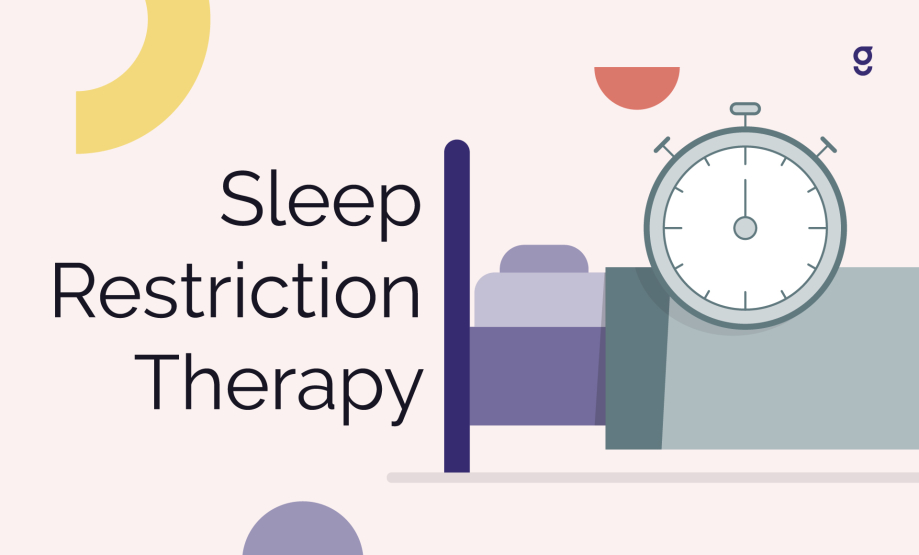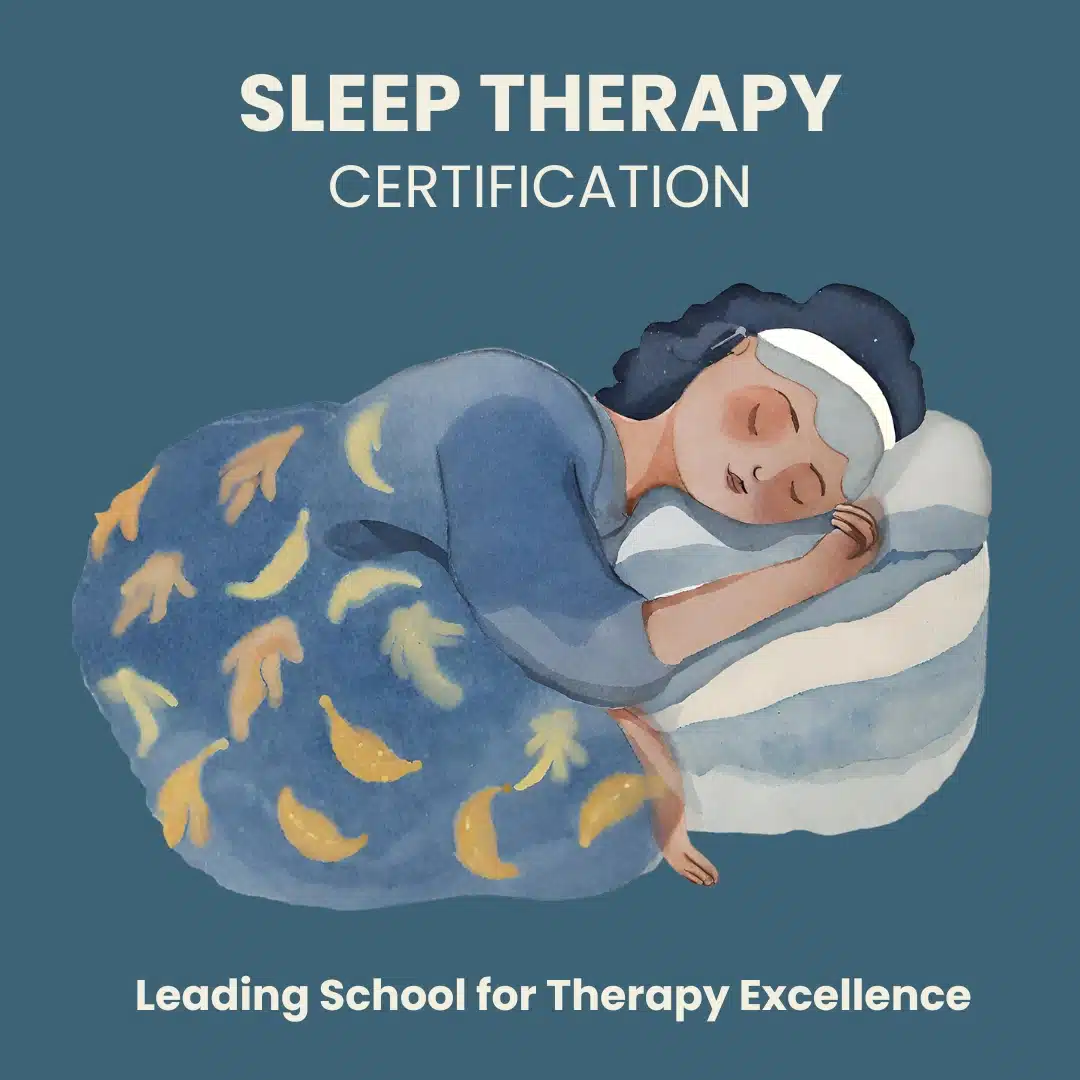Effective Treatment Solutions for Managing Rest Disorders and Enhancing Restful Sleep
In the world of medical care, the administration of sleep problems and the mission for relaxing rest are critical components of total health. As we navigate the detailed landscape of sleep conditions and seek to boost our rest experience, a much deeper understanding of these therapy solutions may hold the trick to opening a much more rejuvenating and fulfilling restorative trip.
Cognitive Behavior Modification for Sleep Problems (CBT-I)
Cognitive Behavior Treatment for Sleep Problems (CBT-I) is a structured, evidence-based therapy method that concentrates on addressing the hidden elements adding to sleep disruptions. This sort of treatment aims to change actions and thoughts that aggravate sleeping disorders, eventually promoting healthy and balanced rest patterns. CBT-I generally includes a number of vital components, including cognitive therapy, sleep restriction, stimulus control, and sleep hygiene education and learning.
Cognitive therapy helps individuals recognize and alter unfavorable idea patterns and ideas regarding rest that may be preventing their capacity to drop or stay asleep. Sleep restriction involves limiting the amount of time spent in bed to match the individual's real sleep period, thereby raising sleep effectiveness (cognitive behavioral therapy for insomnia (CBT-I)). Stimulus control strategies help develop a strong association between the bed and sleep by encouraging individuals to go to bed just when sleepy and to prevent taking part in promoting tasks in bed
In addition, rest hygiene education concentrates on developing healthy sleep practices, such as preserving a regular rest timetable, developing a relaxing going to bed regimen, and maximizing the rest atmosphere. By addressing these aspects adequately, CBT-I uses a reliable non-pharmacological intervention for managing insomnia and boosting total rest high quality.
Rest Hygiene Practices
Having actually developed the foundation of cognitive restructuring and behavior adjustments in dealing with sleeping disorders with Cognitive Behavior modification for Sleeplessness (CBT-I), the focus currently changes in the direction of discovering necessary Sleep Hygiene Practices for preserving optimal sleep top quality and total health.
Rest hygiene methods incorporate a series of behaviors and environmental factors that can substantially impact one's capability to go to sleep and stay asleep throughout the evening. Consistent rest and wake times, producing a relaxing bedtime regimen, and maximizing the sleep atmosphere by maintaining it dark, quiet, and cool are important elements of excellent sleep hygiene. Limiting direct exposure to displays prior to bedtime, avoiding energizers like caffeine close to going to bed, and participating in normal physical activity throughout the day can likewise promote better rest high quality.
Furthermore, exercising leisure techniques such as deep breathing exercises or reflection before bed can assist soothe the mind and prepare the body for sleep. By including these rest hygiene practices into one's everyday routine, people can establish a healthy sleep pattern that sustains relaxing rest and general well-being.
Leisure Techniques and Mindfulness
Executing relaxation techniques and mindfulness practices can play a crucial duty in promoting a feeling of calm and promoting quality rest. sleep disorder treatment. These techniques intend to peaceful the mind, reduce stress, and create an optimal environment for relaxed sleep. One commonly practiced method is deep breathing exercises, where people concentrate on sluggish, deep breaths to unwind the mind and body. Dynamic muscle mass leisure includes tensing and after that launching each muscle team, advertising physical relaxation. Furthermore, guided images can help deliver people to a serene location in their minds, aiding chronic insomnia treatment in stress and anxiety reduction and improving sleep high quality.
By incorporating these practices right into a going to bed regimen, people can indicate to their bodies that it is time to prepare and unwind for sleep. On the whole, incorporating relaxation strategies and mindfulness practices can dramatically add to taking care of rest problems and improving general sleep high quality.

Medication Options for Sleep Disorders
After checking out relaxation techniques and mindfulness techniques as non-pharmacological treatments for enhancing sleep top quality, it is important to consider medication options for people with rest disorders. In cases where way of life changes and therapy do not provide sufficient alleviation, medicine can be a beneficial tool in managing rest disruptions.
Commonly suggested medications for sleep disorders consist of benzodiazepines, non-benzodiazepine hypnotics, antidepressants, and melatonin receptor agonists. Benzodiazepines, such as diazepam, are sedatives that can assist generate rest, however they are commonly advised for short-term usage due to the danger of dependancy. Non-benzodiazepine hypnotics like zolpidem are likewise utilized to deal with sleep problems and have a reduced risk of dependancy contrasted to benzodiazepines. Antidepressants, such as trazodone, can be useful for people with co-occurring depression and sleep disturbances. Melatonin receptor agonists, like ramelteon, target the body's all-natural sleep-wake cycle and can be useful for managing rest patterns.
It is important for individuals to consult with a doctor to establish the most proper medicine choice based on their details rest condition and case history.
Light Treatment for Body Clock Regulation
Light therapy, also called photo-therapy, is a non-invasive therapy technique used to regulate circadian rhythms and boost sleep-wake cycles. This therapy entails exposure to brilliant light that resembles all-natural sunlight, which helps to reset the body's internal clock. By subjecting individuals to details wavelengths of light, typically in the early morning or evening depending upon the wanted impact, light therapy can effectively change the body clock to promote wakefulness throughout the day and boost peaceful rest in the evening.
Research has shown that light therapy can be specifically helpful for individuals with circadian rhythm problems, such as delayed sleep phase disorder or jet lag. It can also be practical for those experiencing seasonal affective disorder (SAD), a kind of depression that generally occurs throughout the winter months when natural light direct Check This Out exposure is lowered. home remedies for restless leg syndrome in females Light therapy is typically well-tolerated and can be made use of in combination with various other treatment approaches for rest disorders to enhance outcomes and boost general sleep high quality.
Conclusion
In verdict, efficient treatment services for taking care of rest problems and boosting relaxed sleep include Cognitive Behavior modification for Insomnia (CBT-I), sleep hygiene methods, relaxation strategies and mindfulness, drug choices, and light treatment for circadian rhythm law. These techniques can aid people improve their sleep top quality and total wellness. It is very important to consult with a doctor to identify one of the most suitable technique for resolving rest issues.
As we browse the detailed landscape of sleep conditions and seek to boost our rest experience, a deeper understanding of these treatment options might hold the key to opening a much more relaxing and meeting corrective trip.
Rest constraint entails restricting the quantity of time invested in bed to match the individual's real sleep period, therefore enhancing sleep efficiency. Constant rest and wake times, producing a relaxing going to bed routine, and maximizing the rest atmosphere by maintaining it dark, silent, and cool are important parts of great rest health. Light therapy is typically well-tolerated and can be utilized in conjunction with various other treatment techniques for sleep conditions to optimize end results and improve total rest top quality.
